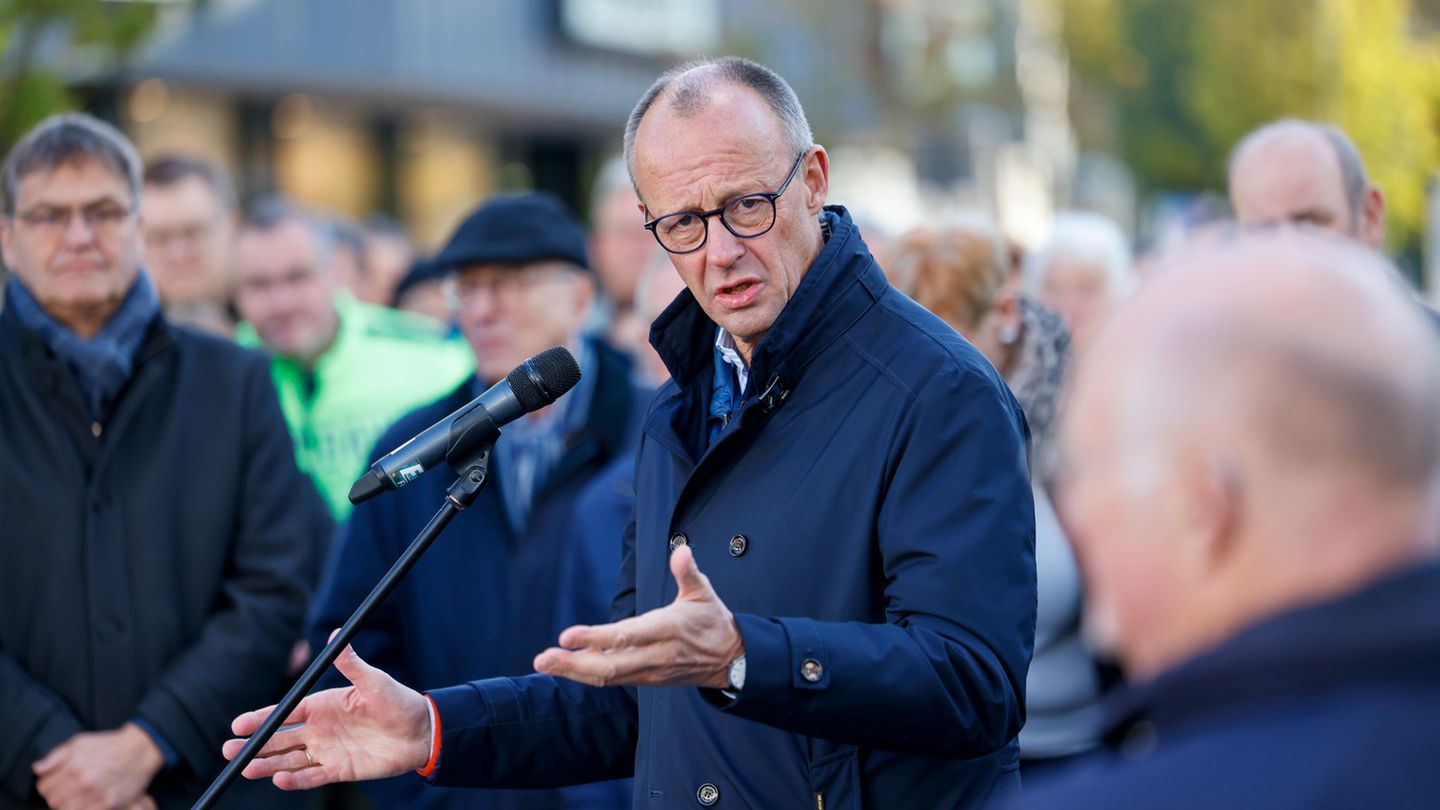Yesterday, OMV warned that, following a court ruling, the Russian state-owned company Gazprom could also stop gas deliveries to Austria. What is behind this warning, how is Austria’s security of supply, and how are gas prices developing for customers?
Why did OMV warn about a halt to Gazprom’s gas supplies?
It has nothing to do with the war in Ukraine or political developments in Russia. The background is the legal dispute between Gazprom and a European energy company, which is not named. The company sued Gazprom in a European court and won. If the Russian state-owned company does not pay compensation, it could lead to enforcement proceedings and payments could be seized.
What does this mean for Austria?
In the event of enforcement, OMV believes it is likely that Gazprom Export will stop gas deliveries if it no longer receives money for its deliveries. This assessment is based “on Gazprom’s behavior in similar situations.” However, OMV has already secured transport capacities in the European market should this actually happen. The demand will then be covered by liquefied gas imports and its own production in Norway. OMV can thus continue to supply customers with gas from other, non-Russian sources – even if Gazprom supplies fail completely. OMV’s storage facilities hold more than the annual requirement and are currently more than 70 percent full.
How important is Russian gas for security of supply in Europe?
According to a study published yesterday by the DIW economic research institute, an import stop or ban on Russian natural gas would not endanger the gas supply in Europe. Even if gas demand remained high until 2030, it would be possible to completely do without Russian natural gas, even for EU countries like Austria that are currently heavily dependent on it. Across the EU, Russia currently covers around 14 percent of natural gas demand.
Why then does OMV still buy Russian gas?
Because there are existing contracts with Gazprom and in 2018 OMV committed to further purchases until 2040. As long as gas arrives in the agreed quantities, it is currently not economical to do without it. An important date is January 1, 2025. That is when Russia’s gas transit contract with Ukraine ends. This could change the situation suddenly – with effects on gas prices.
What does all this mean for gas prices and customers?
Russia is still Austria’s most important gas supplier. If these quantities are not delivered, experts say prices will rise. Or, as Economics Minister Martin Kocher (VP) said yesterday: “There is a risk that these developments could lead to surcharges on gas prices.” At the same time, prices on the gas markets have eased. In May, the Austrian gas price index was 41.3 percent below the previous year’s level. This was the result of the comparison portal “durchblicker”. All nine state energy suppliers have reduced their tariffs – but the prices sometimes vary greatly: for an average consumption of 15,000 kWh, between 1,430 and 1,948 euros. According to “durchblicker”, a change of supplier can therefore be worthwhile.
My themes
For your bookmarked topics
new articles found.
info By clicking on the icon you add the keyword to your topics.
info
By clicking on the icon you open your “my topics” page. You have of 15 keywords saved and would have to remove keywords.
info By clicking on the icon you remove the keyword from your topics.
Add the topic to your topics.
Source: Nachrichten




